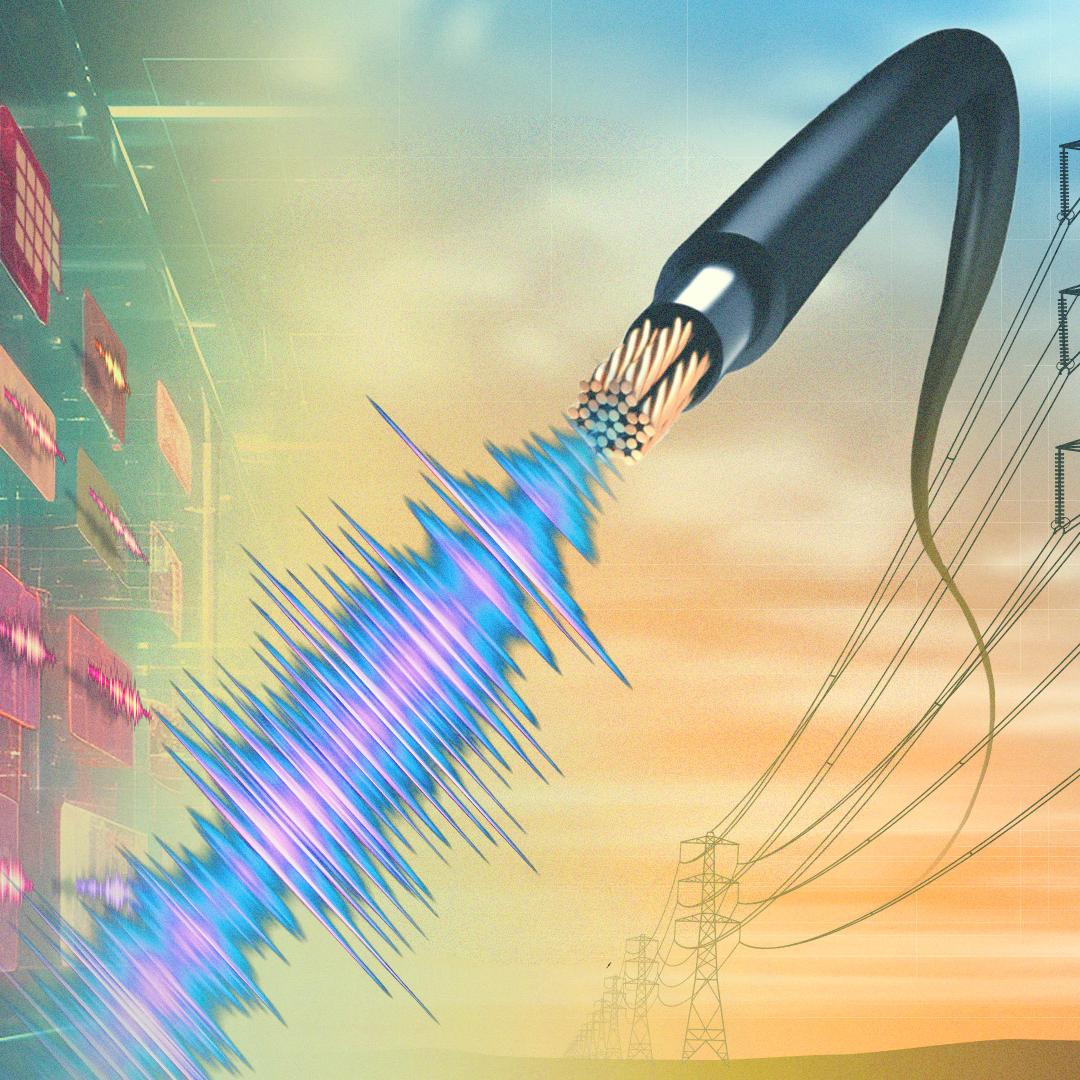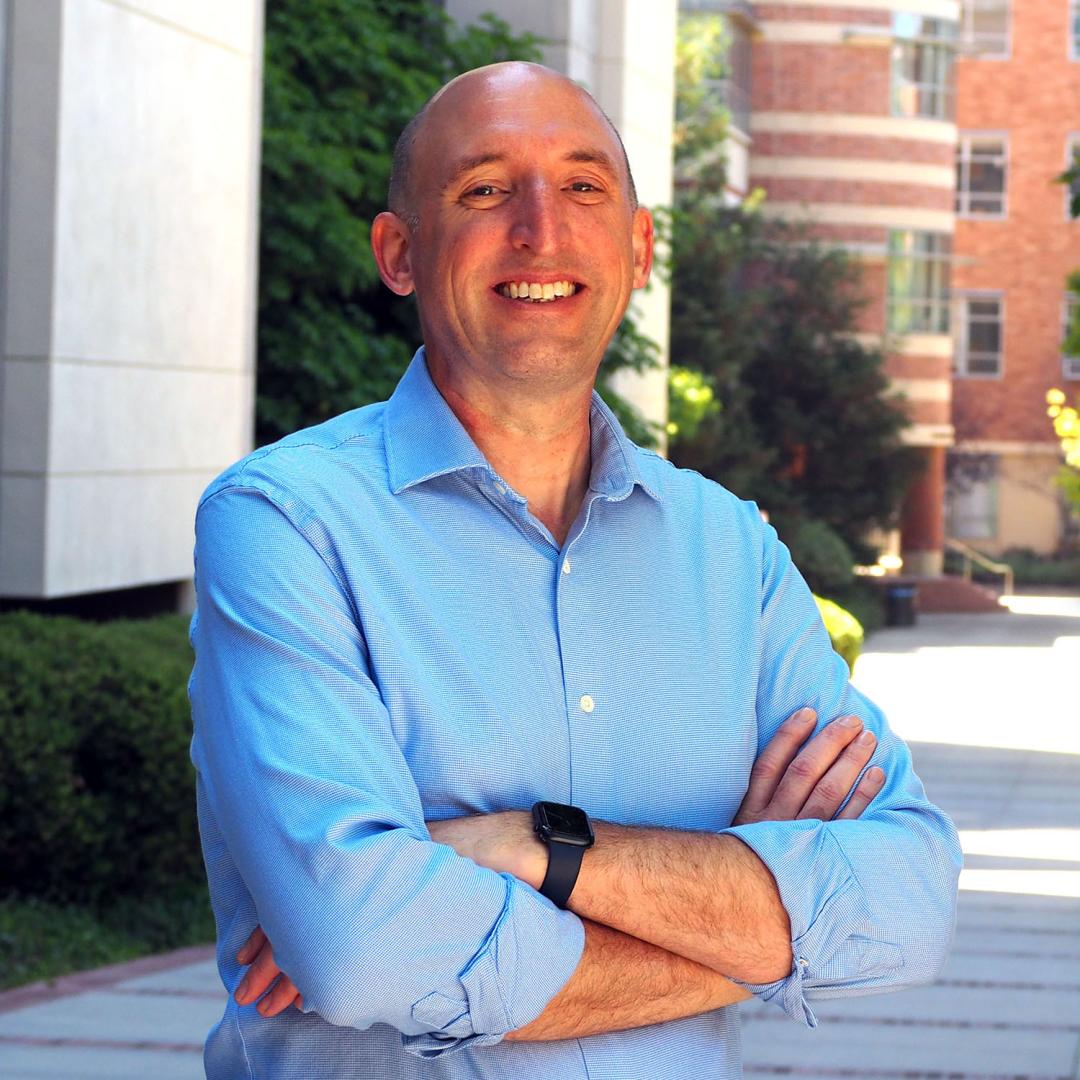
Filter News
Area of Research
- (-) Clean Energy (88)
- (-) Neutron Science (103)
- Advanced Manufacturing (7)
- Biological Systems (2)
- Biology and Environment (76)
- Biology and Soft Matter (1)
- Computational Biology (2)
- Computational Engineering (2)
- Computer Science (6)
- Electricity and Smart Grid (1)
- Functional Materials for Energy (1)
- Fusion and Fission (6)
- Isotopes (5)
- Materials (65)
- Materials for Computing (9)
- National Security (21)
- Nuclear Science and Technology (8)
- Quantum information Science (1)
- Supercomputing (61)
- Transportation Systems (1)
News Topics
- (-) Artificial Intelligence (14)
- (-) Bioenergy (30)
- (-) Biomedical (17)
- (-) Composites (18)
- (-) Decarbonization (34)
- (-) Neutron Science (100)
- 3-D Printing/Advanced Manufacturing (82)
- Advanced Reactors (6)
- Big Data (7)
- Biology (16)
- Biotechnology (5)
- Buildings (36)
- Chemical Sciences (16)
- Clean Water (10)
- Climate Change (22)
- Computer Science (35)
- Coronavirus (20)
- Critical Materials (9)
- Cybersecurity (9)
- Energy Storage (75)
- Environment (59)
- Exascale Computing (2)
- Fossil Energy (3)
- Frontier (3)
- Fusion (2)
- Grid (40)
- High-Performance Computing (8)
- Hydropower (2)
- Isotopes (1)
- Machine Learning (10)
- Materials (46)
- Materials Science (48)
- Mathematics (3)
- Mercury (3)
- Microelectronics (1)
- Microscopy (10)
- Molten Salt (1)
- Nanotechnology (17)
- National Security (7)
- Net Zero (3)
- Nuclear Energy (9)
- Partnerships (12)
- Physics (10)
- Polymers (12)
- Quantum Computing (1)
- Quantum Science (8)
- Renewable Energy (1)
- Security (8)
- Simulation (4)
- Space Exploration (6)
- Statistics (1)
- Summit (9)
- Sustainable Energy (69)
- Transformational Challenge Reactor (3)
- Transportation (67)
Media Contacts
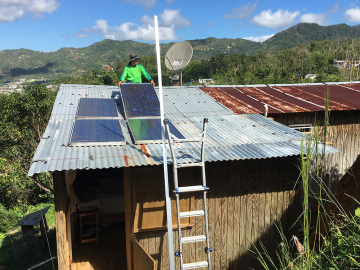
ORNL researchers Ben Ollis and Max Ferrari will be in Adjuntas to join the March 18 festivities but also to hammer out more technical details of their contribution to the project: making the microgrids even more reliable.
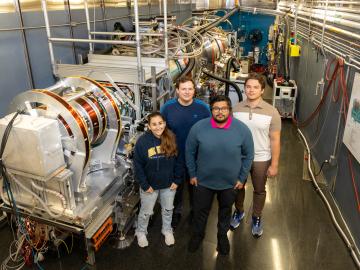
A scientific instrument at ORNL could help create a noninvasive cancer treatment derived from a common tropical plant.
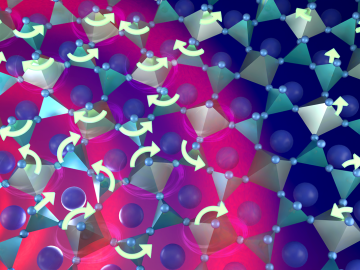
Warming a crystal of the mineral fresnoite, ORNL scientists discovered that excitations called phasons carried heat three times farther and faster than phonons, the excitations that usually carry heat through a material.
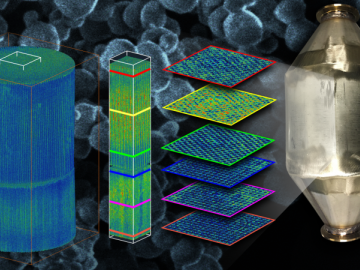
Natural gas furnaces not only heat your home, they also produce a lot of pollution. Even modern high-efficiency condensing furnaces produce significant amounts of corrosive acidic condensation and unhealthy levels of nitrogen oxides
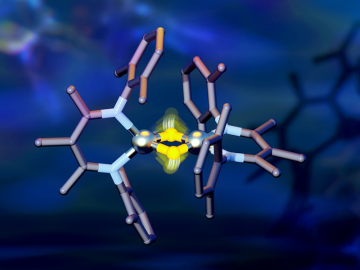
Researchers from Yale University and ORNL collaborated on neutron scattering experiments to study hydrogen atom locations and their effects on iron in a compound similar to those commonly used in industrial catalysts.
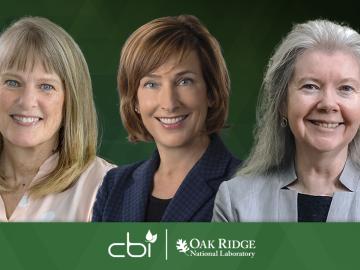
The Department of Energy’s Center for Bioenergy Innovation, led by Oak Ridge National Laboratory, recently added three new members to its board of directors: Deborah Crawford of the University of Tennessee, Knoxville; Susan Hubbard of ORNL; and Maureen McCann of the National Renewable Energy Laboratory.
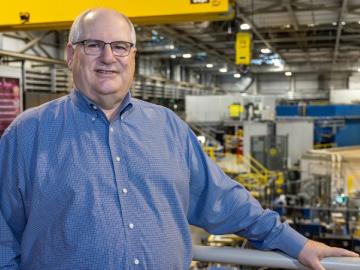
The truth is neutron scattering is not important, according to Steve Nagler. The knowledge gained from using it is what’s important
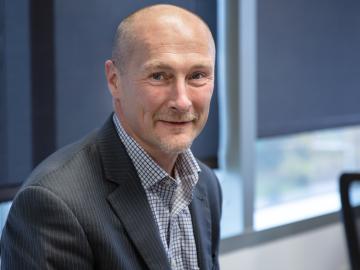
Paul Langan will join ORNL in the spring as associate laboratory director for the Biological and Environmental Systems Science Directorate.
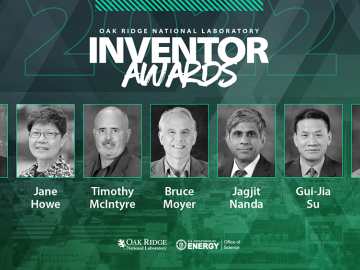
Seven scientists at the Department of Energy’s Oak Ridge National Laboratory have been named Battelle Distinguished Inventors, in recognition of their obtaining 14 or more patents during their careers at the lab.
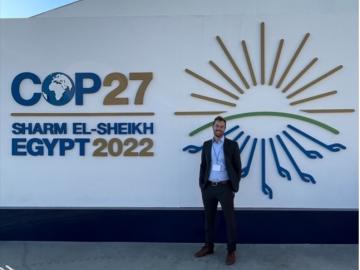
David McCollum, a senior scientist at the ORNL and lead for the lab’s contributions to the Net Zero World Initiative, was one of more than 35,000 attendees in Egypt at the November 2022 Sharm El-Sheikh United Nations Framework Convention on Climate Change, or UNFCCC, Conference of the Parties, also known as COP27.


